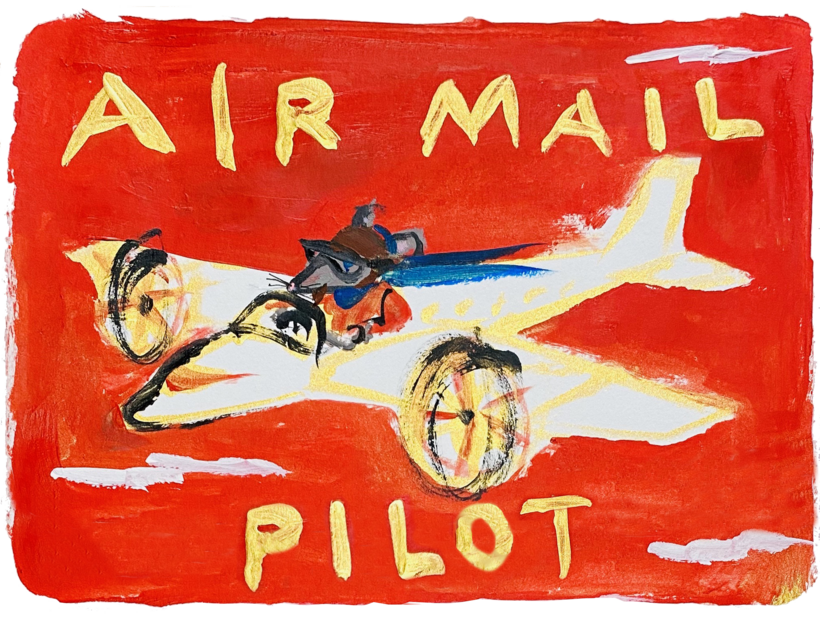Have Hugs, Will Travel

When 10-year-old Romeo Cox rang his grandmother in June and said he was coming to visit, she didn’t entirely believe him. She was locked down alone in Witney, Oxfordshire; he was at home in Palermo, Sicily, his family having moved from Hackney, east London, two years ago. And thanks to Covid, there weren’t many flights. No problem. Romeo explains: “I hadn’t seen Granny for a year and a half, so [during lockdown] I planned in secret to go see her. I drew a map. I would walk and take boats and do it naturally to help the planet. And I’d take Dad. It would be handy to have an adult.” Also handily, Dad — Phil Cox, 46 — has been a journalist in war zones (he’s now a film-maker).
This flight of fancy turned into an improbable, and successful, Boy’s Own adventure. Last week, after three months and 1,700 miles of walking, some cycling, one yacht, a ferry and one emergency bus, Romeo, now 11, and Rosemary, 79, were finally reunited. He hurtled to hug her and she shepherded him inside for boiled eggs, soldiers and scones. “It felt really good to be back in her arms,” says Romeo.

